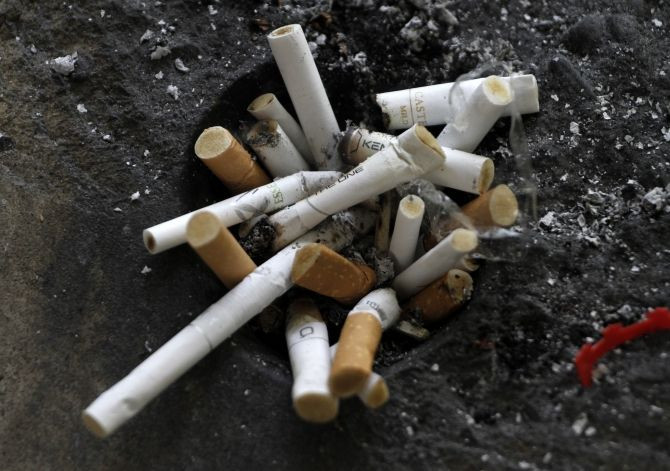Secondhand Smoke Causes Memory Damage

It is well-known that smoking is bad for both smokers and the people around them. That is why public health campaigns that have aimed to restrict where smokers can light up have been so successful. In New York City, which used to be draped in cigarette smoke, people cannot so much as hold a cigarette in front of a child without receiving dirty looks. And it's no wonder - secondhand smoke has been linked with various health problems, including respiratory infections, type 2 diabetes, obesity, and sometimes lung cancer.
Now, researchers believe that they have found another result of secondhand smoke: poorer memories.
The study was conducted by Tom Heffernan and Terence O'Neill from Northumbria University in the United Kingdom. The study, published in the latest issue of Addiction, compared 27 current smokers to two groups of non-smokers.
One non-smoking group, which consisted of 27 people, was regularly exposed to secondhand smoke. They either lived with a smoker or spent a large amount of time with smokers, like in designated smoking areas. This group reported being exposed to smoke for an average of 25 hours a week over an average of four and a half years.
The other group of non-smokers, 29 people, was not regularly exposed to secondhand smoke.
The study examined prospective memory, which is the ability to remember future events and activities, in two ways. One test asked the three groups to remember to perform an activity after a certain amount of time. The other test asked the groups to remember a future event or activity.
They found that non-smokers regularly exposed to secondhand smoke performed an average of 20 percent worse on the memory tests than the other non-smokers. Current smokers performed even worse, performing an average of 30 percent worse than the non-smokers not exposed to secondhand smoke.
The study was the first to examine the link between smoking and memory.



























